detail profile pierre chenal
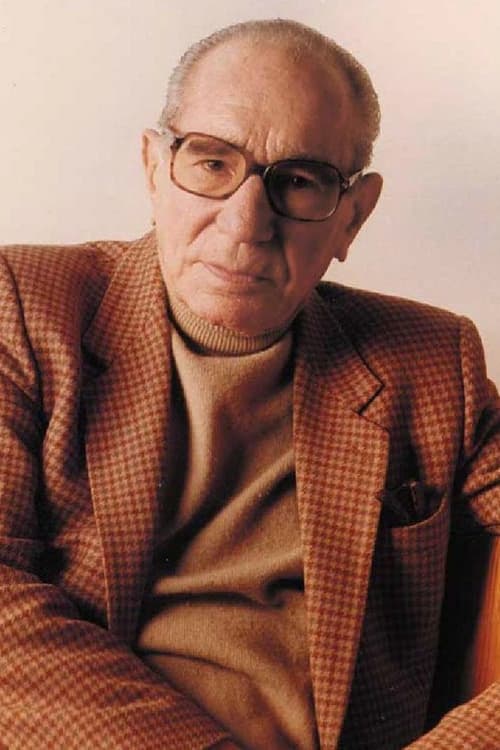
Riwayat Hidup
Philippe Cohen, known as Pierre Chenal, is a French director, born December 5, 1904 in Brussels and died December 23, 1990 in La Garenne-Colombes.
Chenal occupies an uncomfortable place in the history of French cinema: relatively unknown, he is cataloged as a filmmaker who left only a light body of work.
His detailed filmography, however, tends to show the opposite.
Made in the 1930s, his first short films were documentaries where the filmmaker used social realism.
The Little Trades of Paris (1932) or A French City of Cinema had a didactic ambition which ranked him among the innovators at the time.
Throughout his work, Pierre Chenal will maintain this taste for atmospheres tinged with truth where the social is shown.
Hence his very marked penchant for adaptations of literary works by his contemporaries: he borrowed from Marcel Aymé the title of one of his first feature films, La rue sans nom (1933); summons Pirandello and The Man from Nowhere (1937); depicts The Mutineers of Elsinore by Jack London; and transforms James Cain's novel The Postman Always Rings Twice to give The Last Turn.
Pierre Chenal loves actors and casts the biggest ones.
Louis Jouvet, Robert Le Vigan, Michel Simon, Pierre Blanchar, Viviane Romance and Albert Préjean praise his talent.
In 1940, the filmmaker's career took a new turn when he retreated, during the war, to Argentina and Chile.
He made a few minor films there, then returned to France with comic intentions expressed in Clochemerle (1947).
In 1948, Chenal returned to Argentina and adapted Sangre Negra by the American noir novelist Richard Wright.
Then, he developed a passion for thrillers and experimented with the genre on several occasions.
But Raid on the City (1958), The Beast on the Prowl (1959) and The Assassin Knows the Music (1963) are not considered to be his best films.
Info Pribadi
Peran Yang Di Mainkan Pierre Chenal
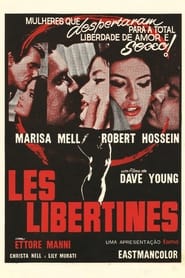 Isabelle Marisa Mell runs a nursing...
Isabelle Marisa Mell runs a nursing...Versatile Lovers 1970
Isabelle (Marisa Mell) runs a nursing home for wealthy women who are trying to detox from their various obsessions. Her lover, Serge Belaiev (Robert Hossein), a petty gangster, has pulled off a big hit but his partners have denounced him to the police in order to appropriate his share of the loot. Isabelle takes him in and hides him in an attic of this strange house. In love with Isabelle, Philippe Lansac (Alberto Dalbes), the owner of the place, decides to close the castle...
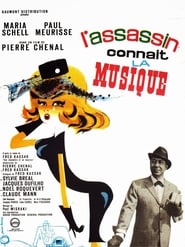 Lionel Fribourg a great composer at...
Lionel Fribourg a great composer at...L'assassin connaît la musique 1963
Lionel Fribourg, a great composer (at least that's what he thinks) has a problem with his noisy environment: he can't complete his unfinished symphony. Of course there is a market for unfinished symphonies but, for all he knows, only one became famous. So he had better find a way to finish it. At long last, he comes across Agnès, a divorced woman who agrees to let him her quiet home. Lionel, full of hope, resumes work...
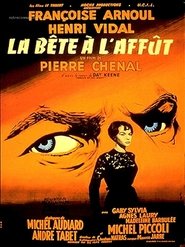 Melun on 1959 On the return to...
Melun on 1959 On the return to...Beast at Bay 1959
Melun, on 1959. On the return to an auction, a young and attractive widow, Elisabeth Vernon, finds at her home(with her) a wounded escapee of prison. The fugitive, Daniel Morane, is a handsome boy and justifies himself crimes(murders) of which we accuse it. The young woman is allowed convince, seduce, feels sorry, and agrees to help him(it). But during their escape(mare), the doubt seizes her …
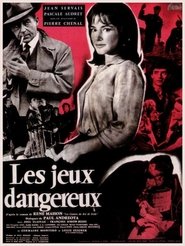 Alain is the only son of...
Alain is the only son of...Dangerous Games 1958
Alain is the only son of a wealthy bourgeois couple. He takes violin lessons in Ménilmontant, where he is spotted by Fleur, a poor girl: she is going to kidnap him and demand a ransom from the young man's parents, money which will be used to pay for a good lawyer for her brother accused of killing a policeman.
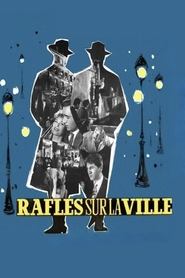 Michel Piccoli plays a police inspector...
Michel Piccoli plays a police inspector...Sinners of Paris 1958
Michel Piccoli plays a police inspector whose best friend is murdered on the orders of gang boss Charles Vanel. The inspector knows full well that Vanel is too crafty and well-connected to ever stand trial for his crime, so he carefully lays a subtle trap for his adversary. Unfortunately, both Piccoli and Vanel are thwarted by a pair of scheming females.
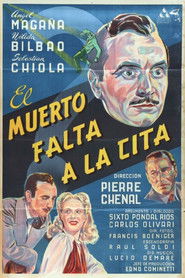 On the night of his marriage...
On the night of his marriage...El muerto falta a la cita 1944
On the night of his marriage a young man runs over a cyclist. He believes he is dead, he hides the body and a mysterious character appears.
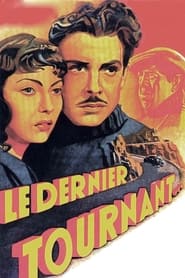 Frank a hobo ends up in...
Frank a hobo ends up in...The Last Turning 1939
Frank, a hobo, ends up in a garage-truck stop in the middle of nowhere. Nick Marino, its older, kind and naive owner, is married to Cora, a sexy and mercenary woman half his age. Frank, although not a fan of hard work, accepts Nick's offer to work for him. Of course, it is not for Nick's sake that the young man becomes his attendant, but for the love of Cora under whose spell he has fallen at once. It does not take long before Cora, who despises her husband, asks her lover to help her get rid of him. Frank is reluctant at first but ...
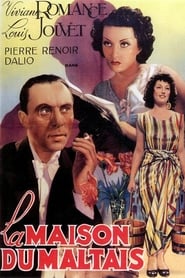 Town trollop Safia much against her...
Town trollop Safia much against her...Sirocco 1938
Town trollop Safia, much against her better judgment, falls in love with Matteo, a beggar and mystic in the native quarter of Sirocco. She flees to France, first as the mistress and then wife of a wealthy archaeologist, and bears him Matteo's child, whom he believes to be his own. Complications arise years later when Matteo finds Safia, and a ring of blackmailers uncover her past and exposes her to her husband.
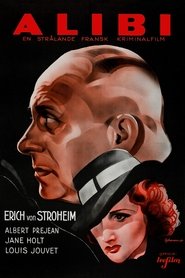 Paris 1937 Winckler kills his enemy Gordon...
Paris 1937 Winckler kills his enemy Gordon...Alibi 1937
Paris, 1937. Winckler kills his enemy Gordon, a Chicago mobster, from the stage of a Parisian music hall, where he performs telepathy. He pays another artist, Helene, so that she tells the police they've spent the night together, which doesn't fool Callas, the police officer who investigates the murder. He hires one of his fellow officers in order to seduce Helene.
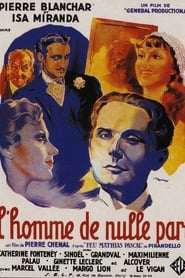 Mathias Pascal saddled with a stupid...
Mathias Pascal saddled with a stupid...The Man from Nowhere 1937
Mathias Pascal, saddled with a stupid wife and a nagging mother-in-law, leaves home and is extremely lucky at several gambling resorts. He returns home and discovers that a drowned man, fished out of the river, bears an uncanny likeness to him and is being buried by his family as him. This, to him, is a pleasant turn of events and he goes to Rome, where he falls in love with Louise Paleari. Count Papiano, a jealous suitor of Louise's, threatens him with arrest unless he produces credentials to prove his identity.
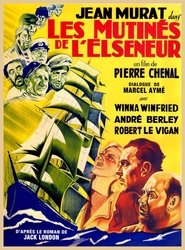 A journalist takes command of a...
A journalist takes command of a...Les mutinés de l'Elseneur 1936
A journalist takes command of a ship after the crew mutiny against the brutal captain. It was an adaptation of the novel The Mutiny of the Elsinore by Jack London.
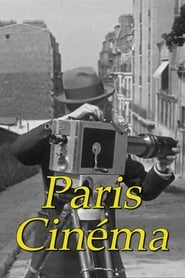 The first behindthescenes documentary in the...
The first behindthescenes documentary in the...Paris Cinéma 1929
The first behind-the-scenes documentary in the film industry, from the making of a camera (Debrie) to studio shooting and directing, including animation techniques. Pierre Chenal meets André Rigal who executes, in his workshop, a series of freehand drawings. These sketches are then ground in a coffee grinder, from which a cartoon on film emerges. In Champigny, Alain Saint-Ogan and his host are working on Zig et Puce and developing Alfred the penguin's first steps. In Fontenay-sous-Bois, Ladislas Starewitch presents his future stars. Pierre Chenal described his film as follows: “I had designed to shoot a documentary in which I would show how a film is made in order, at the same time, to learn it myself. "
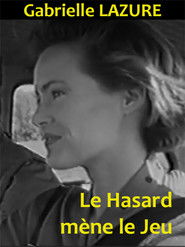
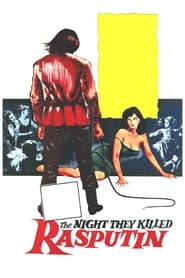 Rasputin was a lusty steppes peasant...
Rasputin was a lusty steppes peasant...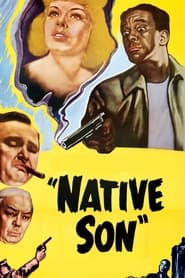 In 1940s Chicago a young black...
In 1940s Chicago a young black...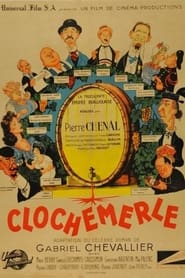 A little town erupts in turmoil...
A little town erupts in turmoil...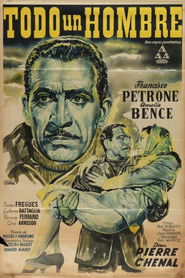 A foreign woman marries a rich...
A foreign woman marries a rich...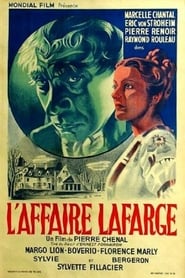 Based on true facts a news...
Based on true facts a news...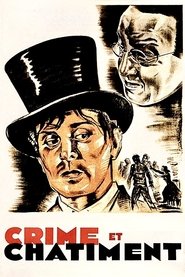 Pierre Chenals adaptation of Dostoyevskys novel...
Pierre Chenals adaptation of Dostoyevskys novel...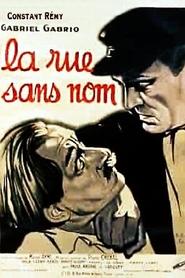 The story focuses on a street...
The story focuses on a street...